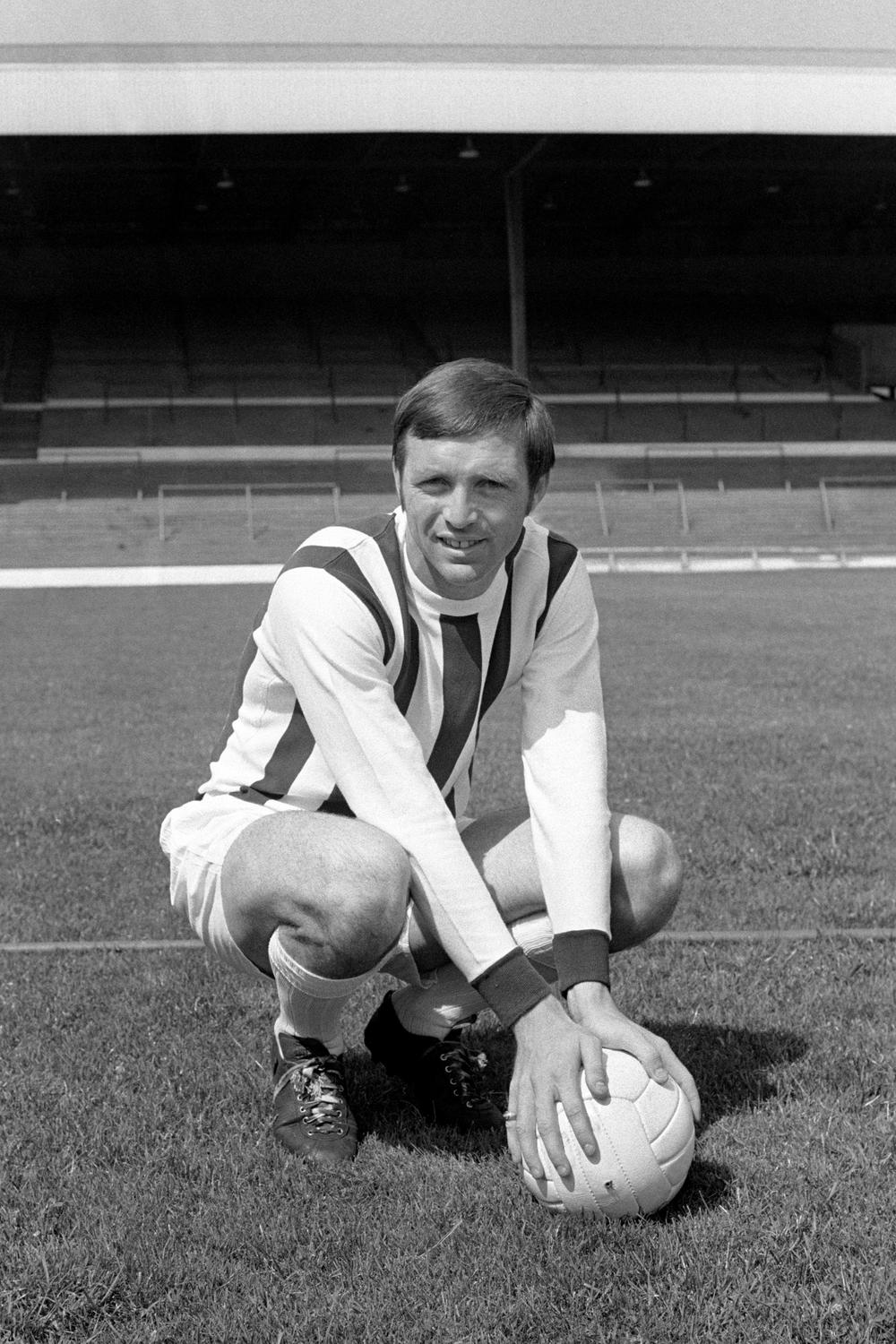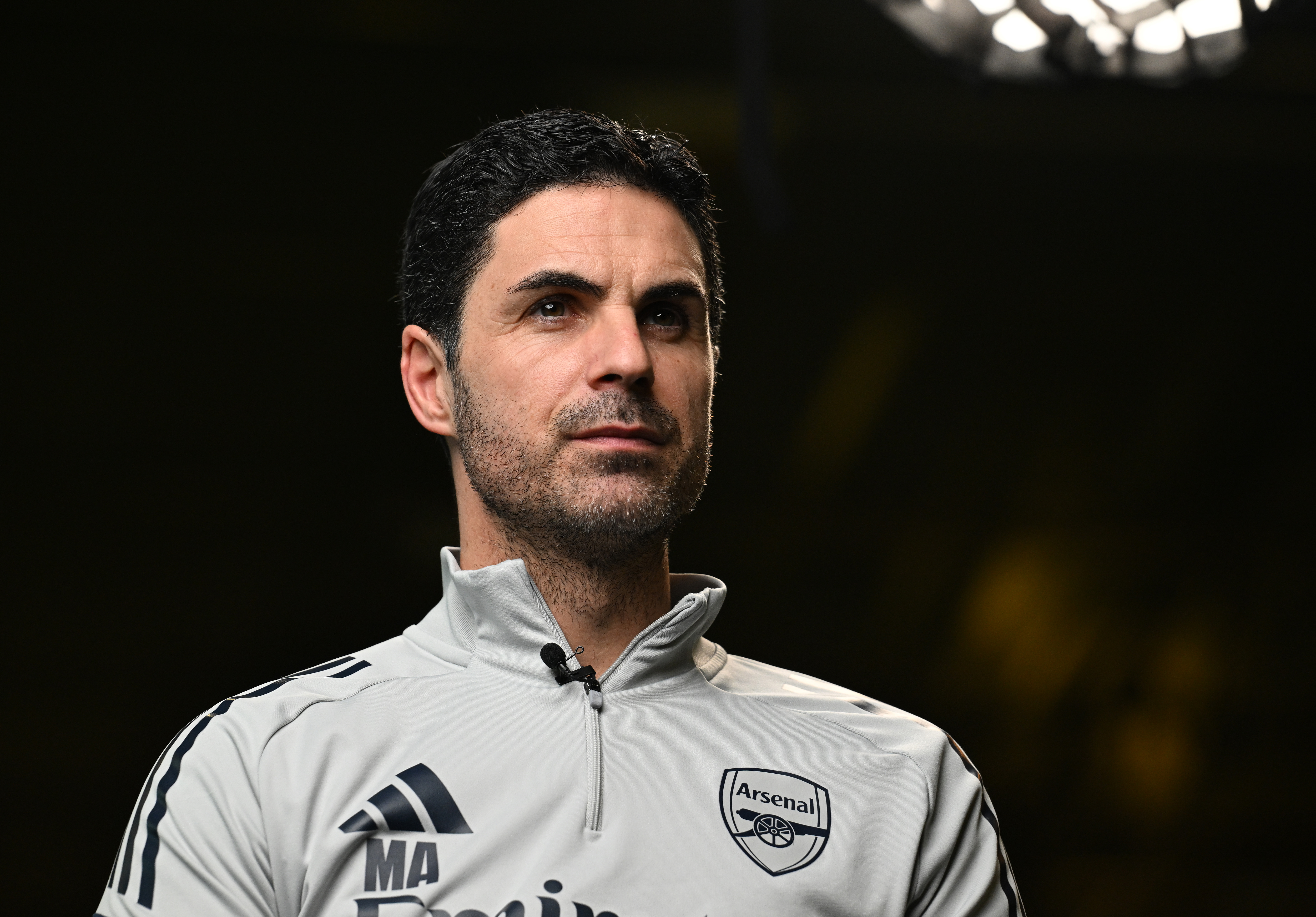Dawn Astle: Footballers who have suffered from dementia must not be a statistic

Jeff Astle’s daughter was “staggered” to learn of a new study’s findings that former footballers are approximately three and a half times more likely to die from neurodegenerative disease than the general population.
The report, commissioned by the Professional Footballers’ Association and the Football Association in November 2017, and published on Monday, was titled ‘Football’s Influence on Lifelong Health and Dementia Risk’ – or FIELD for short – and was led by consultant neuropathologist Dr Willie Stewart of Glasgow University.
Former England and West Brom striker Jeff Astle died 17 years ago with what a coroner described as an “industrial injury”.
"Neurodegenerative Disease Mortality among Former Professional Soccer Players" | NEJM#cte#football#FIELD@GlasgowTBIhttps://t.co/RWPKJ4XJHM— Dr Willie Stewart (@WillStewNeuro) October 21, 2019
Dawn Astle, who has been campaigning since her father’s death for football to research into this area, said: “My overall feeling is that I am staggered even though my own research and instinct was always that there was a serious problem.
“There will be no celebrations. It doesn’t bring my dad back, it won’t bring any other dads and husbands back. We knew dad could not be the only one. We just wanted that question answered.
“We just wanted to see that football cared enough to find out the scale of the problem, to do the right thing and be there for these people when they need them most. Whatever they do, it must be across all parts of the game.
“You can’t assume it is not in grassroots and there is no evidence it is generational or that it was the old leather ball. And these players who have suffered dementia must not be a statistic – they must never be forgotten. They remain in the consciousness of the game.”
The best features, fun and footballing quizzes, straight to your inbox every week.
If Gordon Taylor had anything about him he would apologise to all his union members and their families who he has failed… his own members dying in the most horrible and humiliating way… he failed my dad and hundreds more https://t.co/pq2QrRP5OV— Chris Sutton (@chris_sutton73) October 21, 2019
The study assessed the medical records of 7,676 men who played professional football in Scotland and were born between 1900 and 1976. Their records were matched against more than 23,000 individuals from the general population.
Former England striker Chris Sutton accused PFA chief executive Gordon Taylor of failing his members and their families over the issue.
Sutton said on Twitter: “If Gordon Taylor had anything about him he would apologise to all his union members and their families who he has failed… his own members dying in the most horrible and humiliating way… he failed my dad and hundreds more.”
While the dementia stat is an alarming one, the report also confirmed former professional footballers in this investigation lived three and a quarter years longer on average and were less likely to die of common diseases, such as heart disease and some cancers, including lung cancer.
The research will continue, with this particular project FIELD set to run until 2021.
The exact causes of the increased dementia rates are not clear from the study, and PFA deputy chief executive Bobby Barnes revealed a number of ex-players were willing to help by allowing their brains to be used for research when they die.
“There is post-mortem brain donation and I can confirm that there are former players who have already agreed to do this,” Barnes said. “In fact, it includes five of our own staff within the PFA who have agreed to do this.”
The FA confirmed this report “does not determine whether the cause is due to concussions suffered by the group of professional footballers, or concussion management, or heading of the football, or style of play, or the design and composition of footballs over the years, or personal lifestyle”.
FourFourTwo was launched in 1994 on the back of a World Cup that England hadn’t even qualified for. It was an act of madness… but it somehow worked out. Our mission is to offer our intelligent, international audience access to the game’s biggest names, insightful analysis... and a bit of a giggle. We unashamedly love this game and we hope that our coverage reflects that.
 Join The Club
Join The Club






